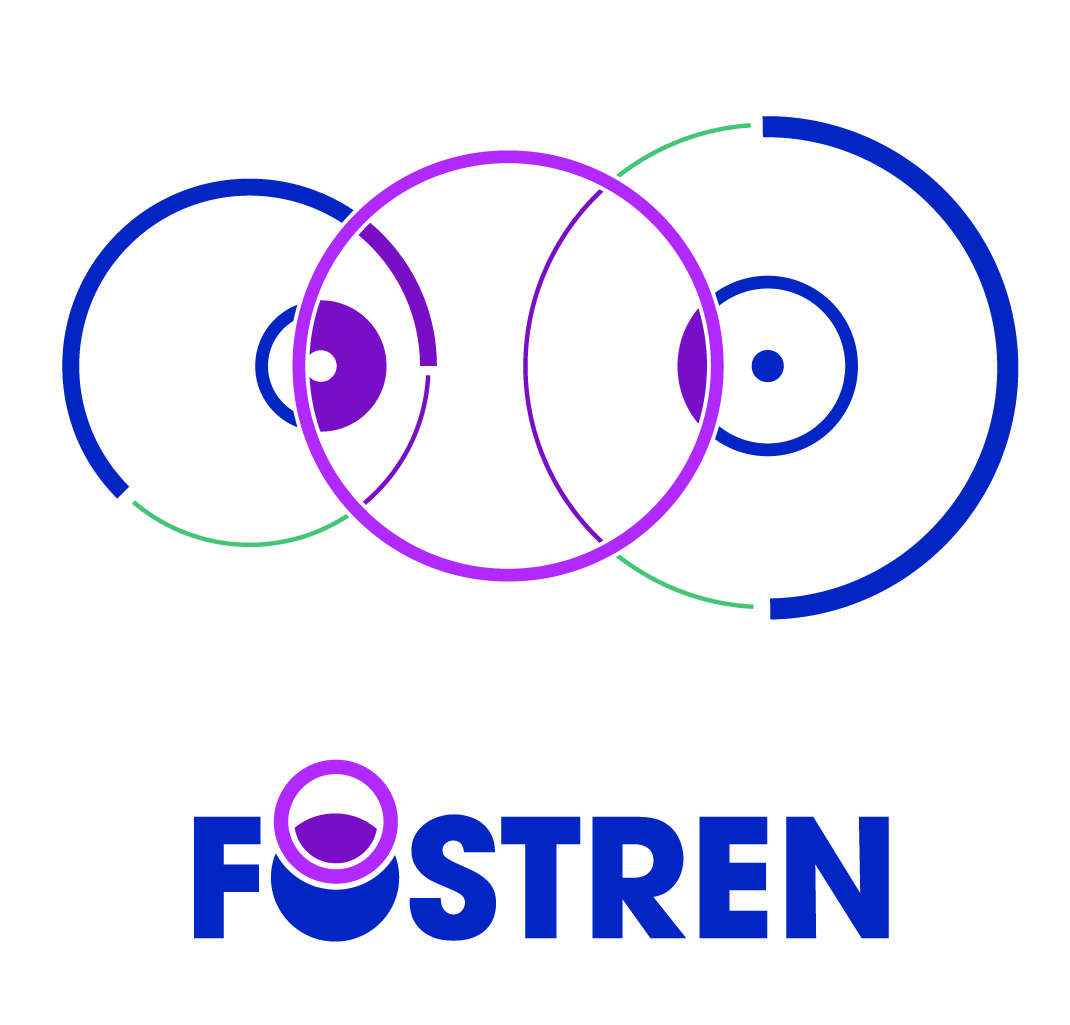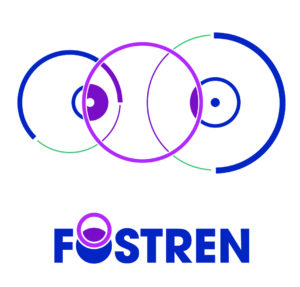What ails Bulgarian psychiatry?
The oldest practising psychiatrist in the country is 89 years old and since the time he was born almost nothing has changed in this totally neglected…
BLOG FOSTREN- ITALY
Raffaella Pocobello, Livia Lepetit, Tommaso Bonavigo, Gian Maria Galeazzi, Giulio Castelpietra, Antonello Leogrande, Francesca Camilli, Giovanni Rossi
What is your Country's stand on coercion reduction?
Coercion in…
Written by Marina Loseviča
The blog was constructed in collaboration with the research project “Towards a human rights approach for mental health patients with a limited capacity: A legal,…
Written by Yvonne Quenum
What is your country’s stand on coercion reduction?
In France, consent is one of the essential conditions for therapeutic care. Psychiatry is an exception: to prevent…
Written by Juš Škraban
What is your country’s stand on coercion reduction?
In Slovenia, institutional capacities in the field of mental health are divided into health and social care sector.…

